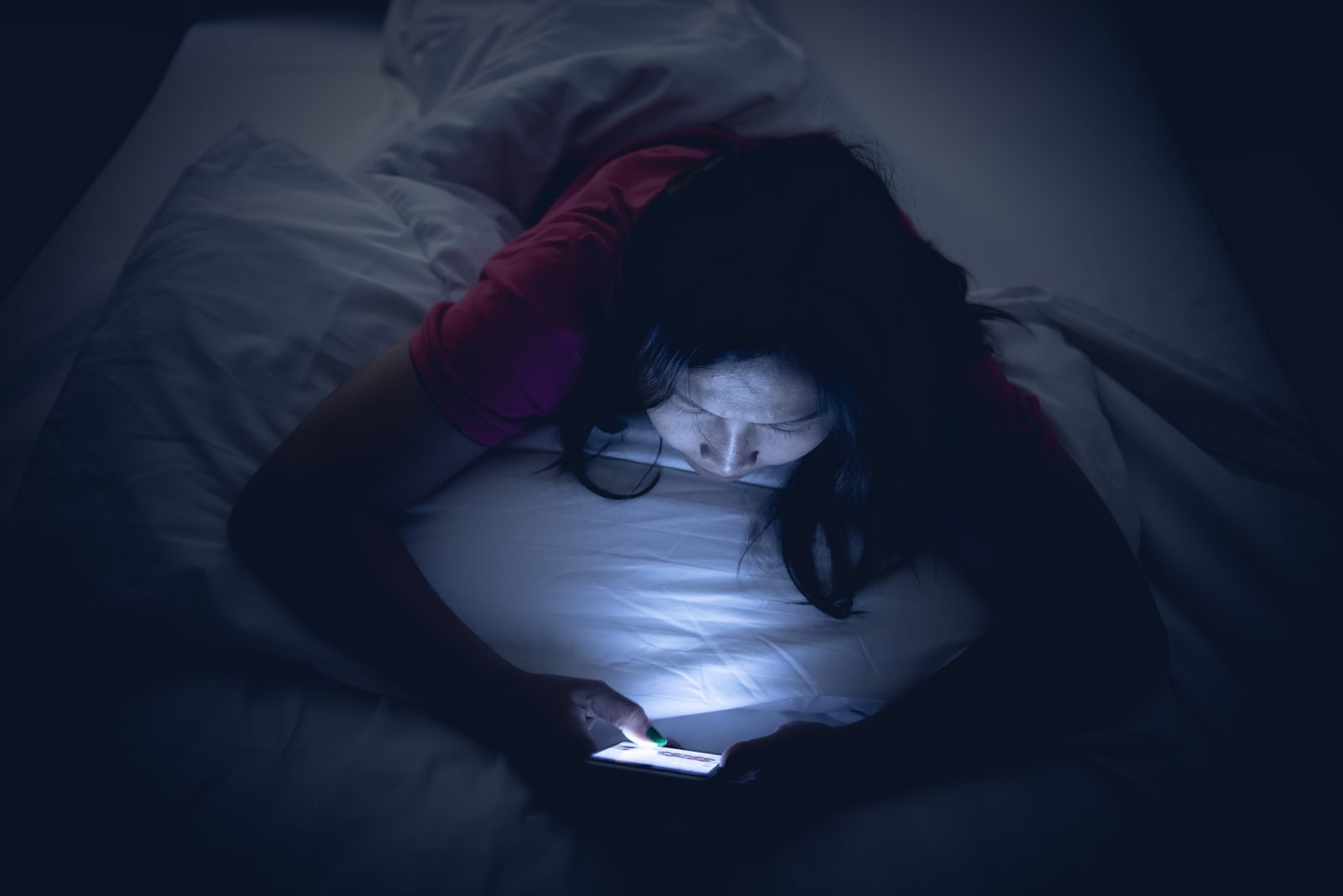Using your mobile device to send or reply to a text message while you are asleep is referred to as “sleep texting.” Even though it might not seem possible, it is not outside the realm of possibility.
In most instances, one is prompted to text while sleeping. In other words, the likelihood of it occurring increases whenever you have new mail in your inbox. It’s possible that a notification will inform you that you have a new message, and when this happens, your brain will behave in a manner that is comparable to how it would respond while you are awake.
Even though it is feasible to write a message while asleep, the message’s contents may not be understandable to the recipient. People who sleep in close proximity to their phones and who have auditory notifications enabled on those phones are most likely to experience sleep texting.
Continue reading to find out more about the factors that lead to sleep texting.
Caused by texting while sleeping
While we are sleeping, we are capable of a wide array of behaviors. There have been accounts of people eating, driving, and even having sex while they were asleep, and sleepwalking and sleeptalking are among the most typical behaviors associated with sleep paralysis. Texting while sleeping is probably not all that different from the other actions that can take place while a person is asleep.
Parasomnias are a large group of sleep disorders that encompass a wide variety of undesirable behaviors, sensations, or activities that occur during sleep. According to estimates from the National Sleep Foundation, parasomnia affects roughly 10% of adult Americans.
There is a correlation between the stages of the sleep cycle and the various types of parasomnias. For instance, acting out one’s dreams is linked to the stage of sleep known as rapid eye movement (REM), and it is a symptom of a specific condition referred to as REM sleep behavior disorder.
Sleepwalking, on the other hand, is characterized by sudden awakenings from slow-wave sleep, which is a non-REM sleep stage. Someone who is sleepwalking is working in a state of consciousness that is either altered or lower than normal.
When you sleepwalk, the areas of your brain that regulate higher functions, such as logic and memory, are shut off, but the regions of your brain that manage movement and coordination are activated.
A similar state of partial consciousness would be conducive to the practice of sleep texting. However, there is little research that has been done to investigate when this happens during the sleep cycle or which areas of the brain are engaged at this time.
Depending on the stage of the sleep cycle at which these interruptions take place, they may induce a state of consciousness in which it is feasible to send a text message without being able to recall doing so the following morning.
Examples of texting while sleeping
Sleep texting can take place in a wide variety of contexts and for a variety of different reasons.
The receipt of a notification is perhaps the most common occurrence. When you have a new message, the phone will either ring or beep at you to let you know. It’s possible that the notice isn’t even for a text message at all. You are prompted to pick up the phone and create a response, just as you would do during the course of the day, by the sound.
If you have a dream in which you are using your phone or messaging someone, there is a chance that you will text in your sleep. This is yet another scenario that could cause sleep texting. It’s possible that a notification from your phone could prompt you to use your phone in a dream, or it could happen spontaneously.
Texting while sleeping may happen in different circumstances, even when there is no notice present. It is conceivable to text in a semiconscious state since texting has become an automatic behavior for a lot of people. This makes it possible to communicate without being prompted to do so.
Preventing texting while sleeping
In most cases, texting while sleeping does not present a significant concern. There is no danger to your physical or mental health as a result of this, despite the fact that it may be funny or embarrassing at times.
If you have sleep texting along with other disruptive or potentially dangerous parasomnias, you should consult a medical professional as soon as possible. Even if you stick to a regular sleep schedule but still have trouble sleeping, it’s possible that your parasomnias are an indication of a more serious health problem.
There is a straightforward answer available for the vast majority of people who sleep text. One of the following is an option for you when it’s time to turn in for the night:
- Stay off your phone in the hour leading up to bedtime.
- Don’t bring your phone into the bedroom.
- Mute your phone and other notifications.
It is possible to send and receive texts even when you are asleep. Sleep texting takes place in a state of semiconsciousness, just like the majority of other behaviors that take place during sleep.
In most cases, texting while sleeping does not present a significant concern. You are able to avoid it by either turning off notifications on your phone, shutting off your phone entirely, or simply not bringing your phone into the bedroom with you.
















Find Us on Socials